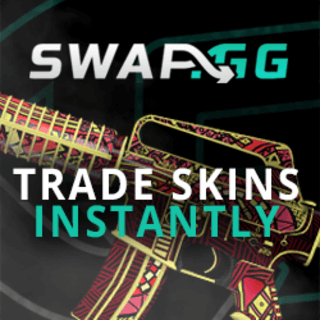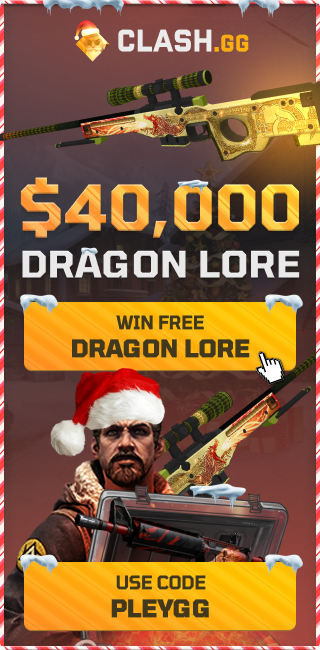Mastering the market: The intricate economy of CS:GO and its impact on gameplay
Counter-Strike: Global Offensive (CS:GO) stands out not only for its fast-paced action and tactical gameplay but also for its unique economy system.
This system plays a pivotal role in the game, influencing not just the outcome of matches but also the strategies teams adopt. Understanding the economy in CS:GO is crucial for players who want to elevate their game from average to expert level. It's not just about shooting skills, it's also about knowing when to save, when to spend, and how to best use your team's resources.
Understanding CS:GO's economy system
When you play CS:GO, the money you earn is super important because you use it to buy things like guns, grenades, and armour for the next time you fight. It’s not just about how many other players you take out; you've got to be smart about how you use your money. Teams face decisions on spending for immediate advantage or saving for later. Choices include affordable pistols like the Glock-18 or USP-S, powerful rifles such as the AK-47, precision sniper rifles like the AWP, close-combat shotguns, and heavy fire machine guns like the Negev.
Grenades are another key part of your gear. There are several types: smoke grenades can create a visual barrier for strategic moves, flashbangs can disorient opponents with a burst of light, HE grenades deliver explosive damage, and Molotov cocktails can block an area with fire. Each of these grenades can help your team in different ways, like taking control of an area or protecting yourselves from enemies. Choosing the right weapons and grenades is a big part of winning in CS:GO.
Strategic spending and saving: Mastering the economy
In CS:GO, it's really important to know when to save or spend your game money. In eco rounds, when money is tight, teams might just buy a cheap pistol and focus on their main goals like planting the bomb or getting as many eliminations as possible. This strategy mirrors the unpredictability found in CSGO betting, where making the right call can feel just as risky. Then, there are anti-eco rounds, where the team that won before buys shotguns or submachine guns to earn more by taking out enemies.
Full buy rounds are when teams get the best weapons and gear they can, like AKs for attackers and M4s for defenders, plus grenades and defuse kits. Sometimes, teams have to go for semi-buys or force buys when they're short on cash but still want to put up a fight. It's crucial for the team to collaborate and ensure everyone agrees on the purchasing strategy.
The global impact of CS:GO's economy
The economy system in CS:GO doesn't just affect individual matches, it shapes the global competitive scene. Teams and players who excel at economic management often find themselves at the top of the leaderboard, demonstrating that strategic thinking and financial planning are just as important as quick reflexes and accurate aiming. The way players manage their economy can influence the meta-game, leading to new strategies and approaches to matches.
In major tournaments, the ability to manage the economy effectively can be the difference between victory and defeat. Some of the most memorable moments in CS:GO history have come from teams making bold economic decisions, either pulling off incredible comebacks or securing wins against the odds.













